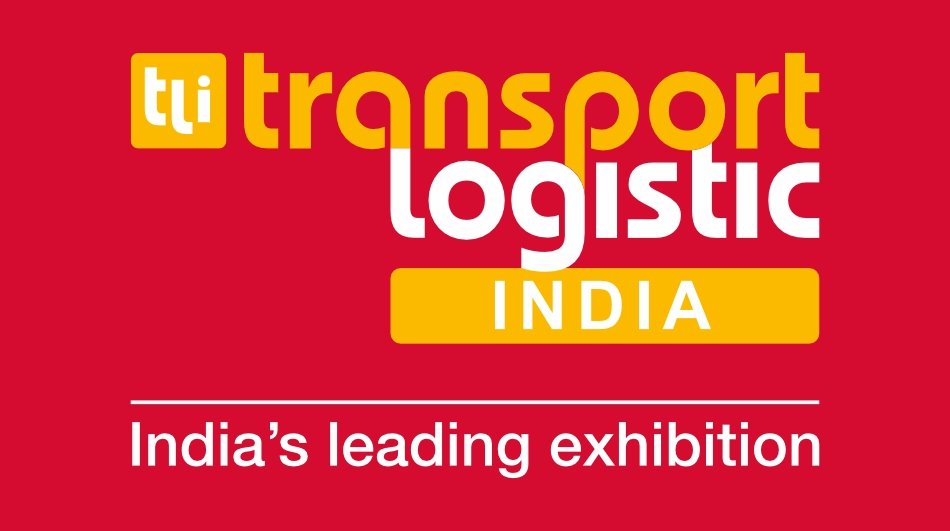India’s transport logistics industry is experiencing rapid growth, with the market projected to expand from USD 349.37 billion in 2025 to USD 545.56 billion by 2030, at a CAGR of 9.32%. This growth is fuelled by substantial infrastructure investments, such as the expansion of airports, highways, and dedicated freight corridors under initiatives like PM Gati Shakti. The sector is also witnessing a shift towards sustainable practices, with programs like ZEV-EMI and E-FAST promoting electric vehicles and green logistics. Additionally, the National Logistics Policy aims to reduce logistics costs to 5-6% of GDP while creating millions of jobs and attracting investments in warehousing and transportation. Technological advancements, including AI, blockchain, and automation, are further enhancing operational efficiency and real-time tracking capabilities.
This transformation positions India as a global logistics hub, supported by both public and private sector efforts. The road freight segment alone is expected to grow significantly, with infrastructure upgrades and fleet modernization driving operational efficiency. Meanwhile, warehousing and distribution services are emerging as the fastest-growing segments within the logistics ecosystem. Despite challenges like rising fuel costs and toll fees, the sector’s resilience is evident through its adoption of sustainable solutions and digital innovations. These developments underscore India’s ambition to lead in manufacturing and logistics on a global scale.

Jio World Convention Centre, Mumbai
25 – 27 Feb 2026